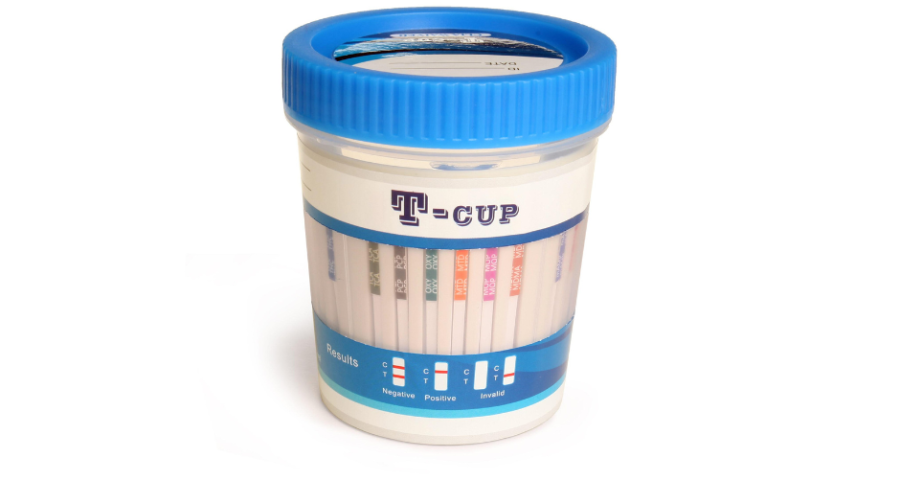KEY POINTS
- An estimated 107,477 overdose deaths occurred in the United States within the last year, with about 4,000 of those deaths being Tennesseans. Over 80 percent of these deaths are attributable to opioids such as fentanyl, for which there does not exist tests approved by the Food and Drug Administration (FDA) for point-of-care testing (POCT). POCT is intended to be used near or at the site of the patient and is performed outside of a physical clinical laboratory, usually at the bedside. A classic example of this is a bedside glucose test in the hospital.
- Tests for fentanyl and other illicit substances already exist but are limited to forensic use only. Without a point-of-care approved test, providers cannot legally use them to diagnose patients with a possible overdose and must rely on inference and guesswork.
- A Clinical Laboratory Improvement Amendments (CLIA) waiver would allow these tests to be used in healthcare settings. Meeting the requirements for a CLIA waiver would be fairly easy, given the opioid crisis has already been declared a national public health emergency.
- With polysubstance overdose as the new norm, the problem extends beyond fentanyl to other substances that also lack a point-of-care test, such as xylazine. A blanket CLIA waiver for all illicit substances that have a forensic use equivalent would significantly increase the diagnostic capacity of acute care providers treating individuals suffering from possible drug overdoses.

